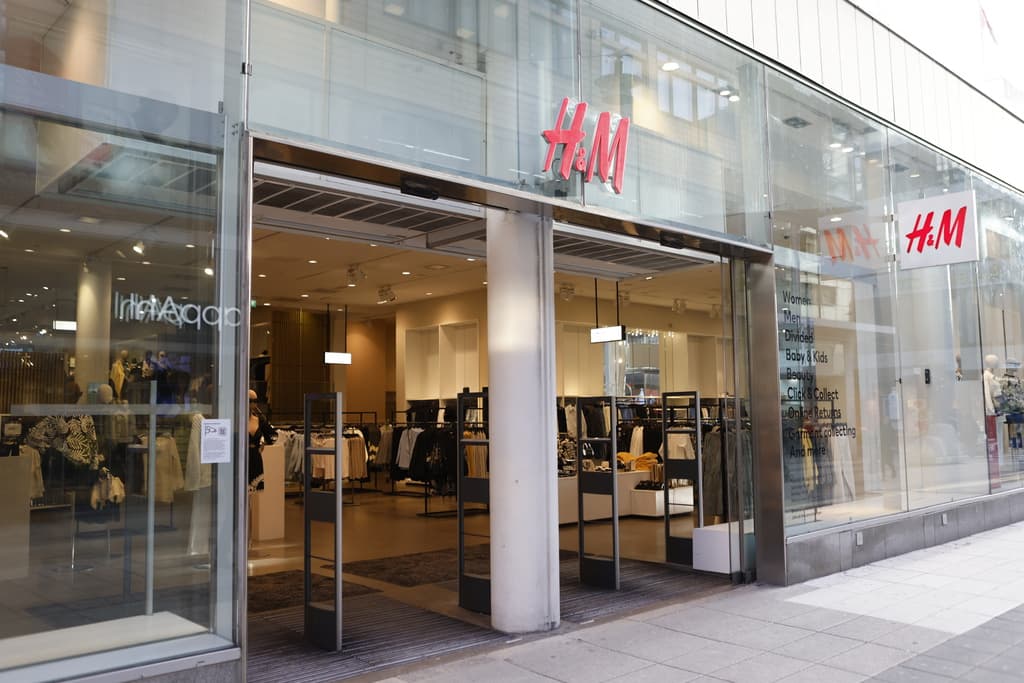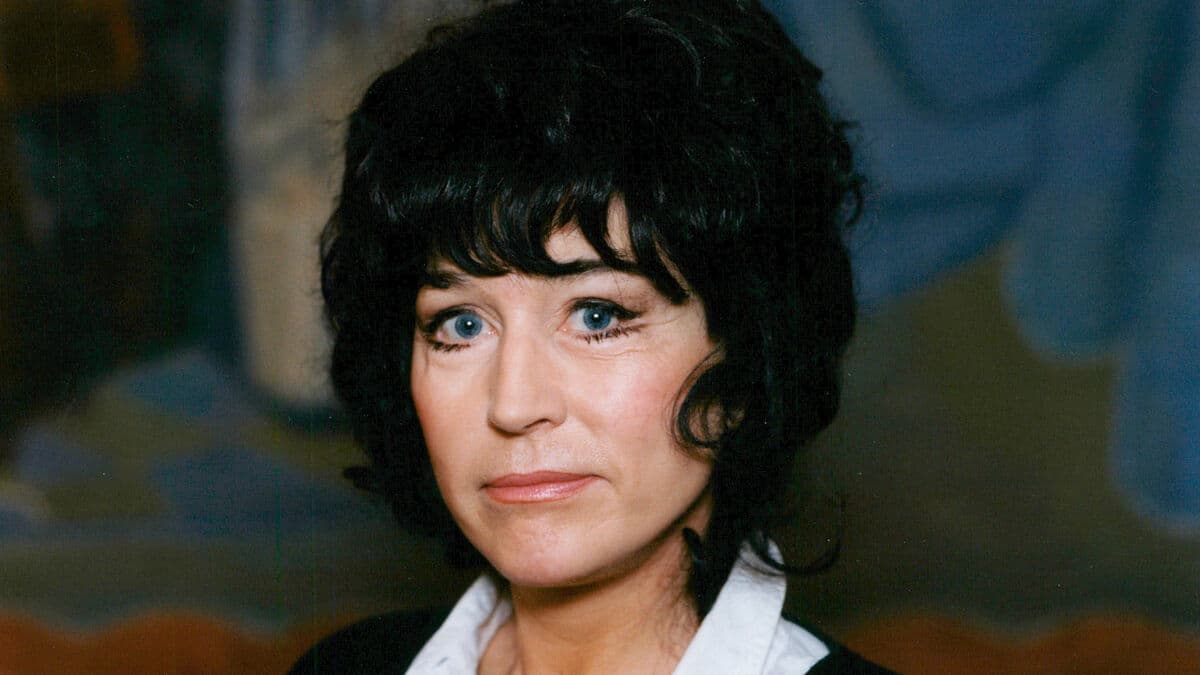Clothing giant H&M has been convicted the most times by the Advertising Ombudsman (RO) for advertising with extremely thin models.
We have not fully lived up to our policies, says H&M's CEO Daniel Ervér.
The number of convictions for advertising with very thin models is increasing. So far this year, it's a total of seven convictions, according to figures from RO that TT has taken part of. This can be compared to between zero and three the past few years.
Clothing company H&M has been responsible for four of these convictions. H&M's CEO Daniel Ervér says to TT that the company has a great responsibility:
We have a very clear policy that all our models should represent both a broad and healthy ideal. In these cases, we should review, we have not fully lived up to our policies.
Two of the convictions were announced in February. One concerned a physical advertisement displayed in an H&M store, the other in the form of online advertising.
We have reviewed our policies so that we are confident that we have the right guidelines and expectations for those who work with selecting models. Then we have followed up on the individual cases, which we continuously take to heart and learn from.
According to RO's lawyer Gunilla Welander, there is a trend shift regarding this:
There are still fashion companies that use more mixed models, but there is a clear and distinct trend towards using more thin and lean models, she says to P3 News.
Other companies that have been convicted this year are competitors Nelly and Zara, which account for one each, as well as the cosmetics and perfume company Lancôme.






